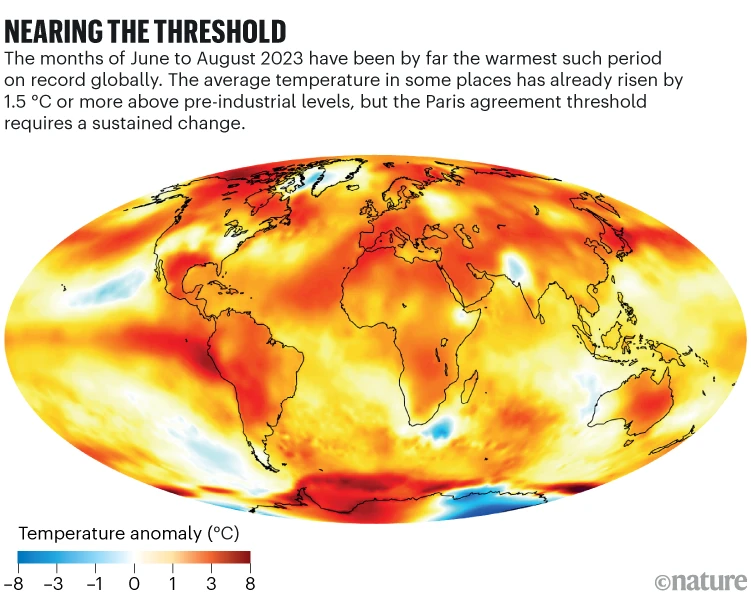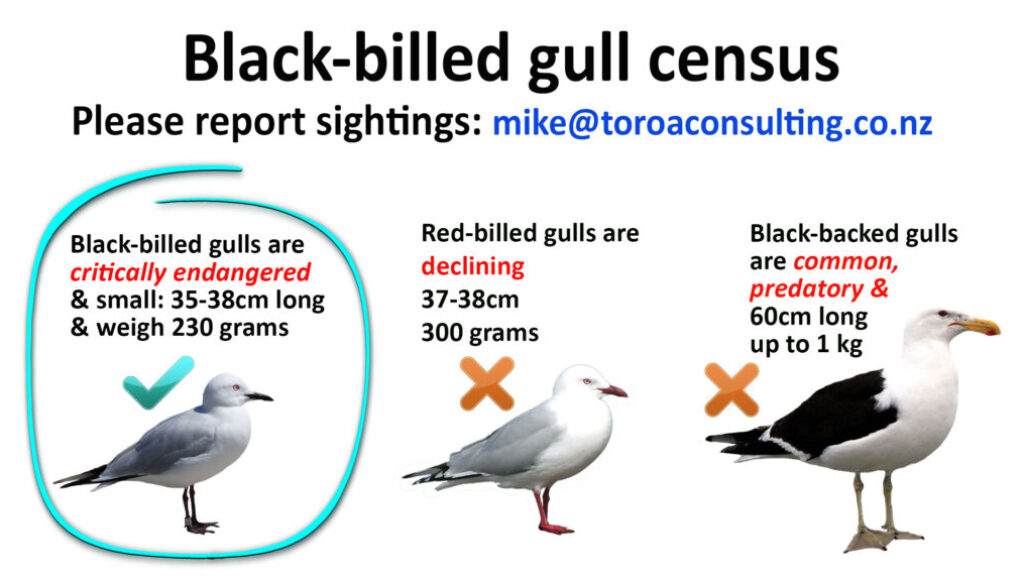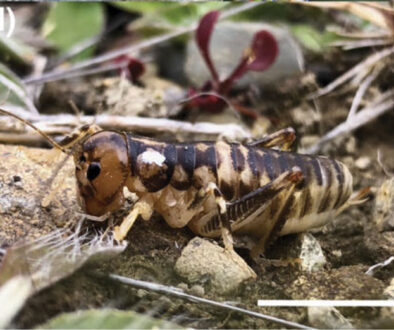Newsletter #83
- Minutes from the last AGM
- Minutes from the last GM
- Agenda for AGM 06 October
- Agenda for GM 06 October
- Financial Statement ending 30 June, 2023
Timing is key to getting the most out of the survey. It’s best to census the population when the birds are mid-way through incubation, and hence most birds are on nests. Gaining intel on when colonies are forming in turn helps inform the best time to fly, although any information would be hugely appreciated. For example, you may also see coloniesforming in other places such as paddocks close to rivers or settlement ponds (images below).
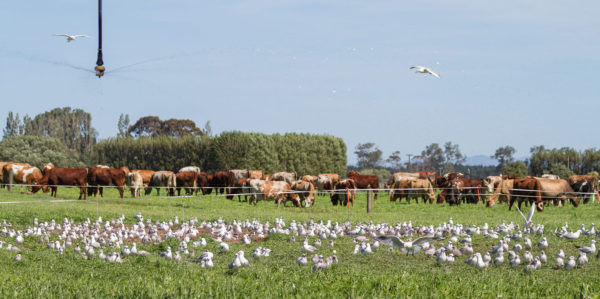
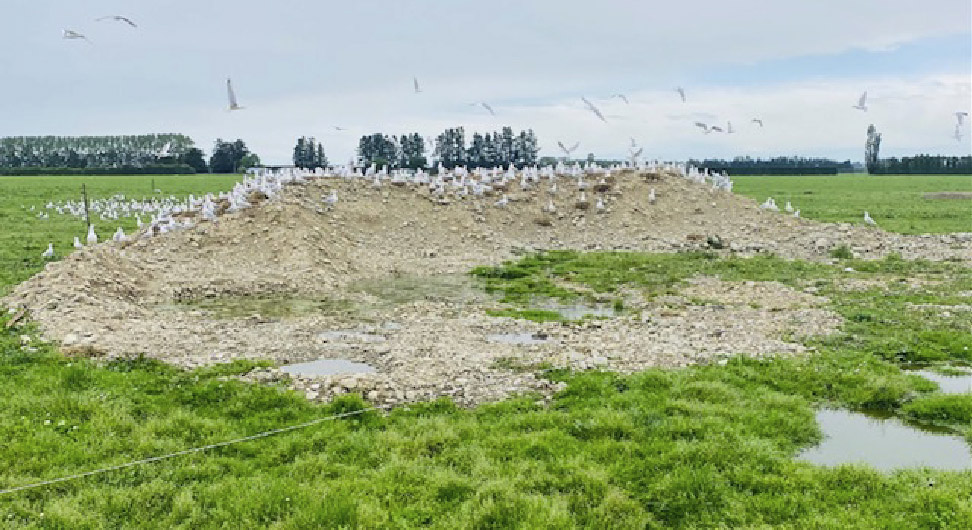
Bird Surveys
- Opihi River : Thursday 02 November, with a backup date of Thursday the 23rd November. Volunteers needed; please email Jean Jack or Miles Burford for details
- If you are organising other bird surveys please let me know and I’ll included them in the next newsletter.
News
-
Do you have a project that you’d like to present at the 2024 Braided River Symposium?
Our committee is keen to see abstracts, so please send me your outlines if you have not already done so. They do not have to be fully developed, but the committee will need sufficient detail to make the initial selection by early 2024. We have not yet confirmed a date for the Symposium but we are aiming for Wednesday 03 July 2024. - 143 kakī/black stilt juveniles were released in the Godley and Tasman River basins over three days in early August. – Te Manahuna Aoraki Project
- The draft Rakitata/Rangitata River revival strategy is now available online; feedback is welcome until 02 October.
- Latest news from the Ashley Rakahuri Rivercare Group
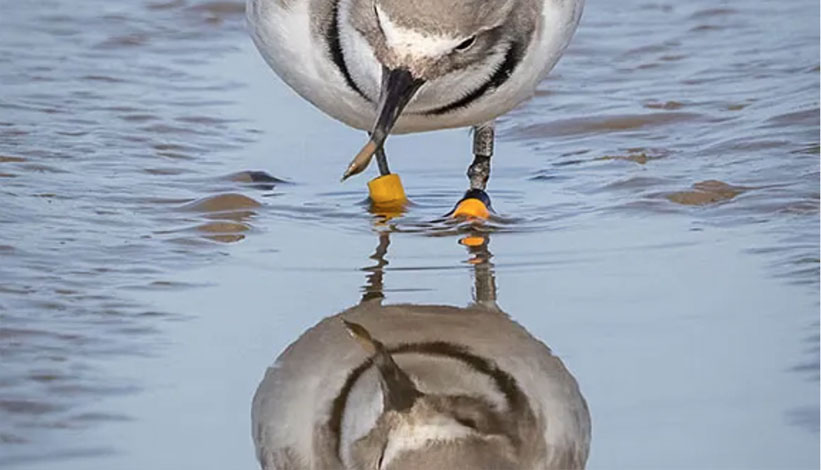
- ‘Giving Rivers Room to Move’ – Nature-based solutions with Tom Kay:
Research
- Vosloo et al; Braided Rivers: Between Land and Water, between Law and Science — Canterbury Regional Council v Dewhirst Land Company – New Zealand Journal of Environmental Law (open access)
- Burge et al; LiDAR reveals drainage risks to wetlands have been under-estimated – New Zealand Journal of Ecology (open access)
- Sanderson; Earth’s average 2023 temperature is now likely to reach 1.5 °C of warming – Nature article (open access)
